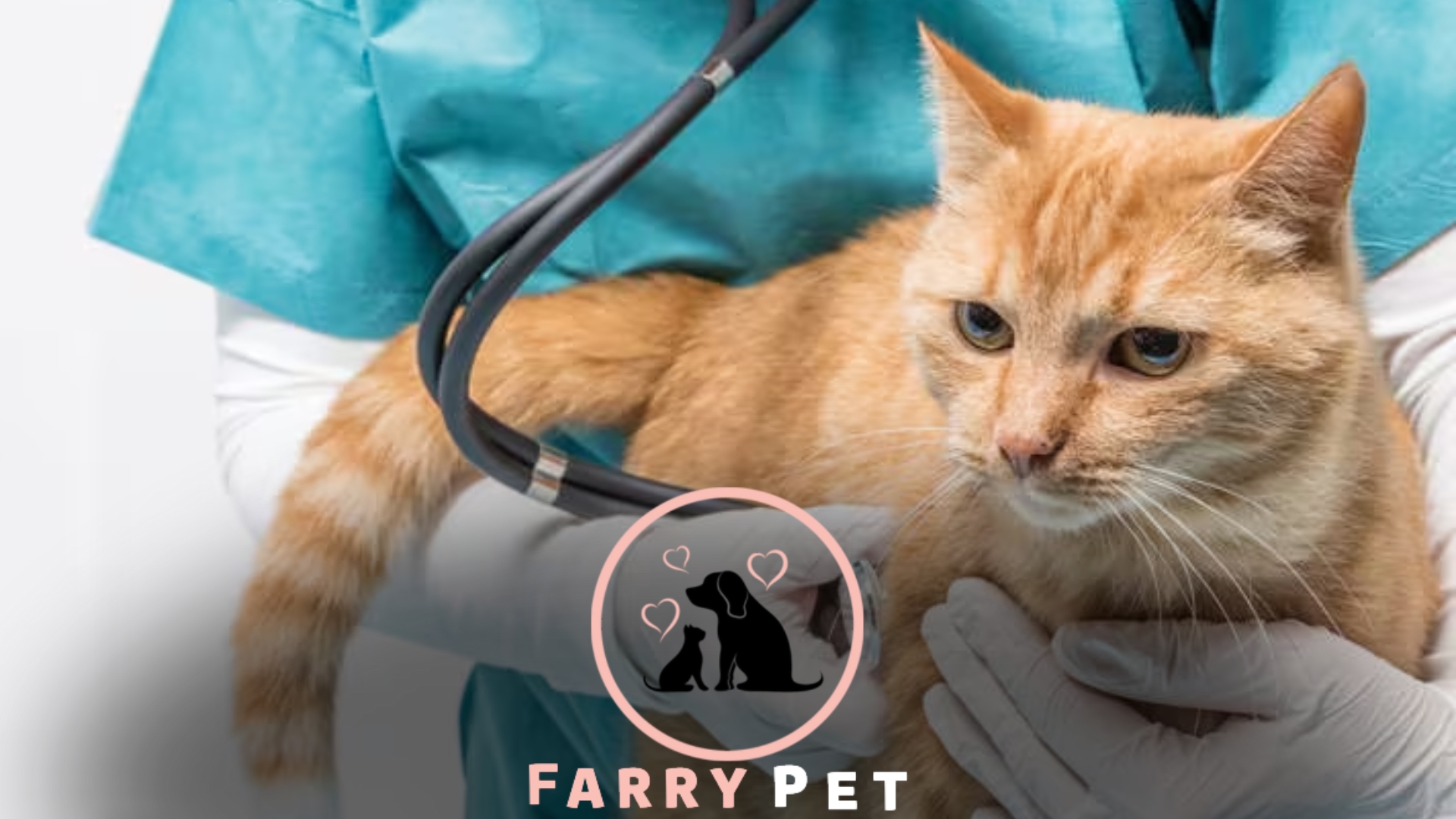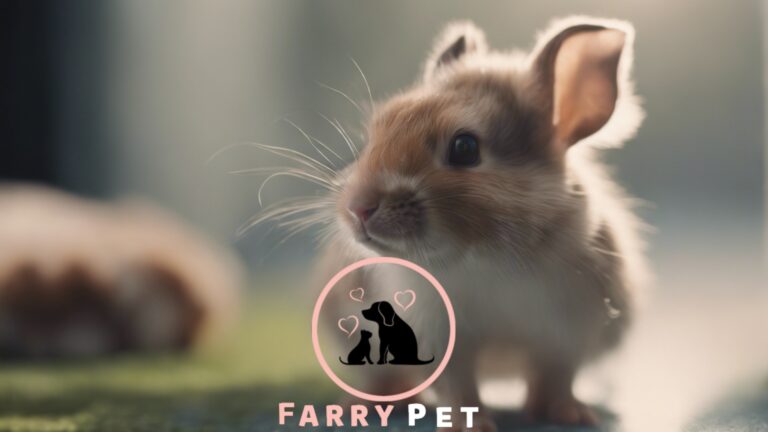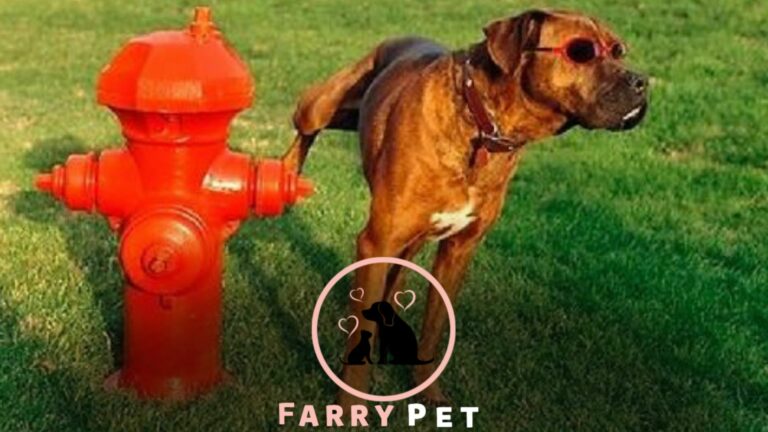
When it comes to why your cat sounds congested when purring, it is likely due to an upper respiratory infection or nasal congestion. This can cause mucus build-up in the nasal passages, leading to congested sounds during purring.
Factors such as allergies, sinusitis, or polyps can also contribute to this issue. It is important to consult a veterinarian to properly assess and treat your cat’s congestion for their overall health and well-being.
In the meantime, providing a clean and comfortable environment with proper hydration and nutrition can help alleviate the symptoms.
Understanding Cat’s Respiratory System
The anatomy of a cat’s respiratory system is essential to understand why cats sound congested when purring. During purring, the respiratory system coordinates the diaphragm and intercostal muscles to push air in and out.
However, there are several common causes of respiratory issues in cats, such as infections, allergies, or obstructions.
Infections can lead to nasal passages or lung congestion, resulting in a congested sound when purring. Allergies can cause inflammation in the airways, making it difficult for cats to breathe smoothly.
Additionally, obstructions like tumors or foreign objects can block the airway and disrupt the normal flow of air.
Understanding the intricacies of a cat’s respiratory system can help identify potential issues and provide appropriate care to ensure their well-being.
Signs and Symptoms of a Congested Cat
Congestion in cats can cause them to sound congested when they purr. It is important to identify the signs and symptoms of congestion in cats. One way to differentiate between normal and congested purring is to listen for abnormal sounds, such as wheezing or snorting.
You should also consider other accompanying symptoms, such as difficulty breathing, coughing, or sneezing. These can be indicators that your cat is experiencing congestion and may require veterinary attention.
It is important to monitor your cat closely and consult with a veterinarian if you notice any signs of congestion.
By being aware of these signs and symptoms, you can help ensure the health and well-being of your furry friend.

Causes of Congestion in Cats
Congestion in cats can be caused by respiratory infections such as upper respiratory tract infections (URTIs), allergies, nasal blockages, and deformities.
These conditions can lead to a stuffy nose and difficulty breathing for your feline friend. Viruses often cause URTIs, resulting in symptoms like sneezing, coughing, and a congested-sounding purr.
Cats can also suffer from allergies, which can cause inflammation and congestion in their airways. Nasal blockages, whether due to foreign objects or deformities, can obstruct the nasal passages and cause congestion.
If your cat sounds congested while purring, monitoring their symptoms and consult a veterinarian for a proper diagnosis and treatment plan is important.
Taking care of your cat’s respiratory health is essential for their well-being.
Allergies As a Cause of Cat Congestion
Allergies can commonly cause congestion in cats, affecting their respiratory system. Cats can be allergic to pollen, dust mites, and certain foods. These allergic reactions can lead to symptoms like sneezing, coughing, and a congested sound when purring.
Managing cat allergies involves identifying and avoiding the specific allergens that trigger their symptoms.
This can be done by keeping the cat’s environment clean, using air purifiers, and providing a balanced diet with hypoallergenic ingredients. Medication may sometimes be necessary to alleviate the cat’s congestion and other allergy-related symptoms.
Regular veterinary check-ups are essential for monitoring and managing cat allergies, ensuring their overall health and well-being.
Cat owners can help their furry friends lead comfortable and congestion-free lives by proactively addressing allergies.
Respiratory Infections and Cat Congestion
Cat congestion during purring is often a result of respiratory infections, which can vary in type. These infections can cause symptoms like coughing, sneezing, and difficulty breathing, leading to further complications if left untreated.
There are various treatment options available to address these issues.
Medications such as antibiotics or antiviral drugs may be prescribed, along with supportive care to help alleviate discomfort. Providing your cat with a clean and stress-free environment is also crucial in their recovery.
Regular veterinary check-ups and vaccinations can help prevent respiratory infections and ensure your cat stays healthy.
If you notice any signs of congestion or respiratory distress in your cat, it is important to consult with a veterinarian for proper diagnosis and treatment.
Nasal Blockages and Deformities in Cats
Nasal blockages in cats can cause congestion, even when they’re purring. Foreign objects, like dirt or grass, can get stuck in their nasal passages, hindering normal airflow.
Additionally, polyps and tumors may grow in the airways, obstructing the flow of air and causing congestion.
Moreover, structural abnormalities in the nasal cavity, such as a deviated septum, can also lead to congested purring sounds in cats. It’s important to monitor your cat’s breathing and seek veterinary care if you notice persistent congestion or difficulty breathing.
Your veterinarian can evaluate your cat and recommend appropriate treatment options to alleviate the congestion and ensure your cat’s comfort.
Regular check-ups and keeping your cat’s environment clean can help prevent nasal blockages and promote healthy breathing in your feline friend.
Treatment and Prevention of Cat Congestion
Cat congestion can be a concerning issue for pet owners. Veterinary diagnosis and treatment options are essential for managing this condition. Medications and therapies are available to help alleviate congestion symptoms in cats.
Furthermore, preventive measures can be implemented to minimize the risks of congestion.
Regular vet check-ups and proper nutrition are crucial in maintaining a healthy respiratory system for your feline friend. Additionally, a clean environment can help reduce the chances of congestion.
It is important to remember that each cat is unique and may require individualized treatment plans.
You can improve your cat’s overall well-being and alleviate their discomfort by addressing congestion promptly and following appropriate treatment and prevention methods.
When to Seek Veterinary Care for a Congested Cat
Most cat owners wonder why their feline companions sound congested when purring. Recognizing the severity of congestion symptoms is crucial to assess whether veterinary care is necessary.
Red flags that indicate an immediate need for professional attention include difficulty breathing, wheezing, persistent coughing, and nasal discharge.
These symptoms can be signs of a more serious underlying condition that needs immediate attention. Seeking professional advice is also recommended for long-term congestion issues.
A veterinarian can comprehensively examine and determine the best action to alleviate the cat’s congestion and ensure its overall health and well-being.
Regular check-ups and prompt veterinary care are essential to address any congestion-related concerns in cats and keep them happy and healthy.
Conclusion
To sum up, if your cat sounds congested when purring, it is important to understand the possible causes and seek appropriate veterinary care. While it may be common in some cats, it could also indicate an underlying health issue that needs attention.
Regular check-ups, a clean environment, and a balanced diet can go a long way in preventing respiratory problems. Keeping your cat hydrated and providing a stress-free environment can improve their overall well-being.
Remember, each cat is unique, and what works for one may not work for another.
By observing your cat’s behavior, promptly addressing any concerns, and communicating with your veterinarian, you can ensure your beloved feline stays happy and healthy for years.






